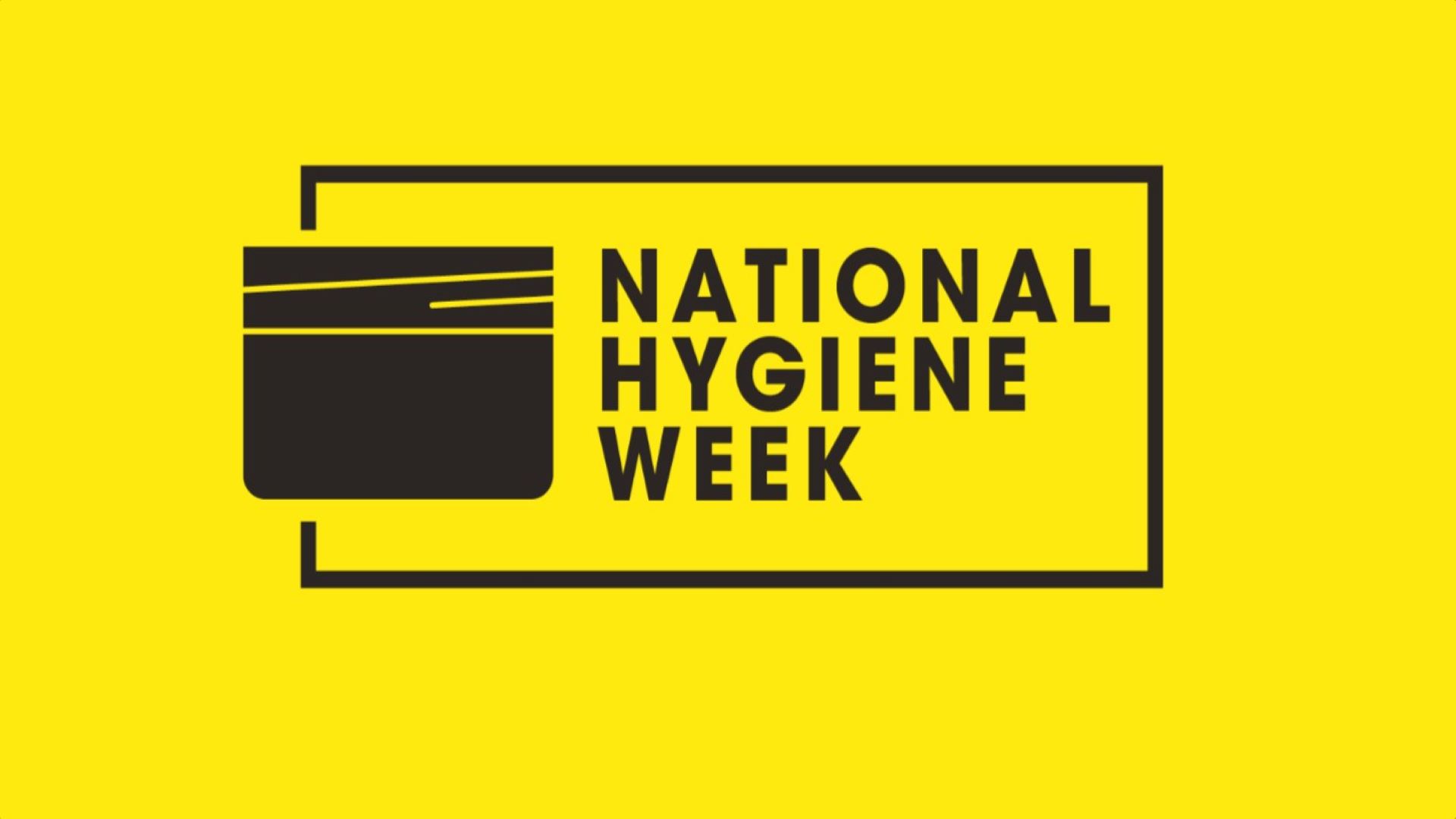Hands. Face. Space. It’s the slogan the government hopes will help stem the rising tide of Covid-19 cases. As well as imposing new restrictions to limit the virus’s spread, ministers are making an urgent call for Brits to stay on top of thorough hand washing, use of face coverings and social distancing.
But being able to follow the guidance is a privilege for many. The virus doesn’t last long in sunlight, scientists say, but it can linger on indoor surfaces for up to 24 hours. It puts those without the cash to afford cleaning products at a serious disadvantage, and makes access to them a more important public health issue than ever – just as the pandemic-driven recession takes the UK economy into its grip. More than three million people have made new Universal Credit claims since the beginning of lockdown and an unprecedented wave of redundancies is expected when the government’s job retention scheme ends next month. Families across the nation are having to cut back on essentials as they struggle to make ends meet.
And the first things to go, research by The Trussell Trust showed, tends to be hygiene products. When forced to choose between eating for the day and buying toothpaste, most go without brushing their teeth. With more than 14 million people living in poverty in the UK, products to wash hands or wipe down surfaces are simply out of budget for many, while further entrenching the stigma and shame felt by those living in poverty.
The pandemic is shining a light on widening health inequalities and the urgent need for everyone to have access to cleaning products regardless of income. National Hygiene Week, beginning September 14, marks a crucial point in the nation’s fight to suppress the virus.
It was masterminded by grassroots UK network The Hygiene Bank. Founder and Big Issue Changemaker Lizzy Hall previously told The Big Issue that products like soap were not “life or death”. She has since changed her mind.
In summer 2018 the former PR professional and yoga teacher watched Ken Loach’s harrowing I, Daniel Blake, a film showing the reality for those who fall through the cracks of social security. In one scene, a character is caught shoplifting razors, deodorant and period products, despite having already been to a foodbank. It lit a fire in Hall, who sent a WhatsApp message to a group of family and friends in hometown Sevenoaks asking for donations of “the everyday products we take for granted”. Her project quickly picked up momentum and now The Hygiene Bank has over 760 drop-off points across the UK. In just two years the charity has seen around £2.5m of toiletries distributed to 1,115 charities, voluntary groups, schools and local authorities.









